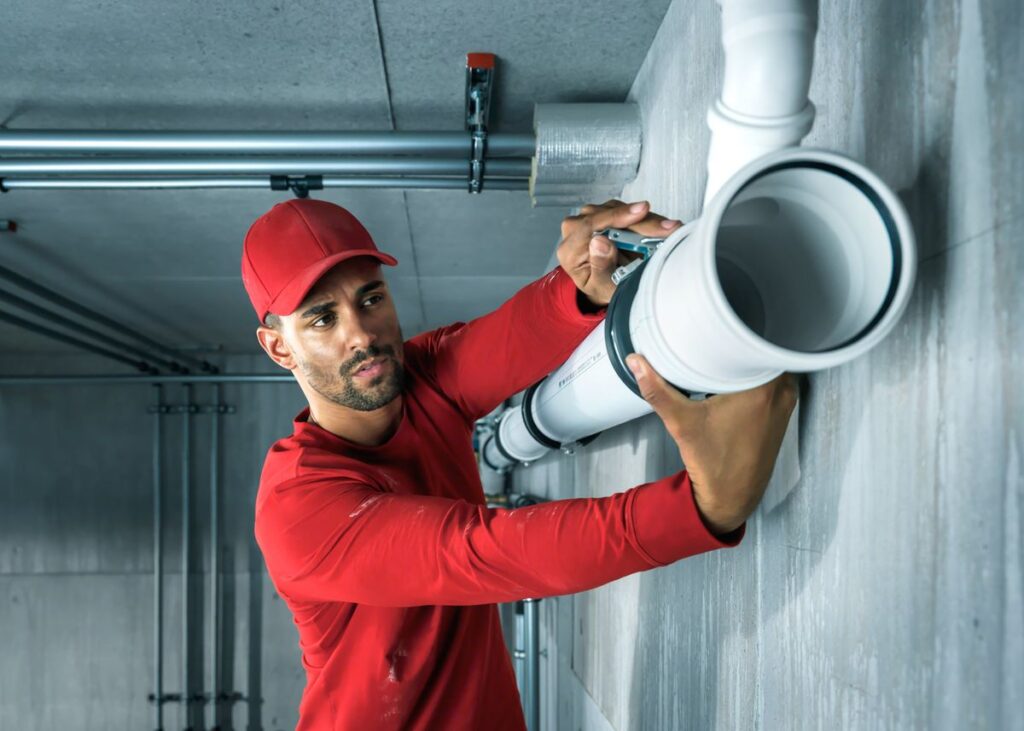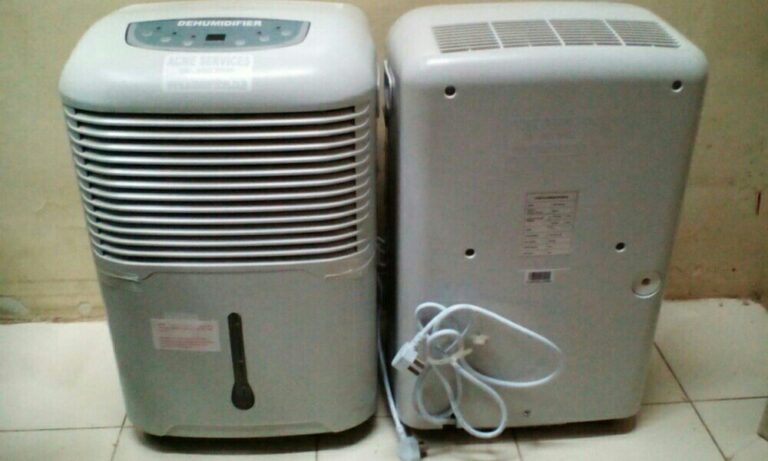
Securing a job in the plumbing industry offers a stable and rewarding career path. Plumbers are essential in both residential and commercial settings, responsible for installing, repairing, and maintaining pipe systems. This article provides a roadmap for individuals looking to attain plumber jobs, emphasizing the importance of education, apprenticeship, certification, and professional development.
The first step towards a career in plumbing is obtaining the necessary education. While a high school diploma is the minimum requirement, aspiring plumbers benefit from coursework in mathematics, science, and vocational training. Many community colleges and technical schools offer plumbing programs that provide a solid foundation in water supply, drainage systems, piping equipment, and local plumbing codes.
Apprenticeship is a critical phase in becoming a plumber. These programs, typically four to five years in length, combine classroom instruction with on-the-job training under the supervision of experienced plumbers. Apprentices learn practical skills while earning a wage, making it an effective pathway to professional competency. The United Association (UA) represents a valuable resource for finding apprenticeship opportunities within the plumbing and pipefitting industry.
In many regions, becoming a licensed plumber is mandatory to work independently. Licensing requirements vary by state but generally involve completing an apprenticeship program and passing a written examination. Some states may require additional certifications for plumbers working with gas lines. It’s important to research the specific requirements in your area to ensure compliance and enhance employability.
Developing a broad skill set is essential for success in plumbing. Technical proficiency in using tools and understanding plumbing systems is just the beginning. Effective communication, problem-solving abilities, and customer service skills are equally important, as plumbers often interact directly with clients and need to explain complex issues in understandable terms.
Staying abreast of the latest industry trends, technologies, and regulations is crucial for any plumber seeking to advance their career. Continuing education courses, offered through trade associations or manufacturers, can provide updates on green plumbing practices, water conservation techniques, and innovations in plumbing technology.
To start your job search, prepare a resume that highlights your education, apprenticeship experience, certifications, and any relevant skills or projects. Networking with professionals in the industry through trade associations, conferences, and local meetings can uncover job opportunities. Online job portals and company websites are also valuable resources for finding plumbing positions.
In conclusion, pursuing a career in plumbing requires a combination of formal education, hands-on apprenticeship, achieving certification, and commitment to ongoing learning. With dedication and the right approach, aspiring plumbers can successfully navigate the path to a fulfilling and lucrative profession in the plumbing industry.







